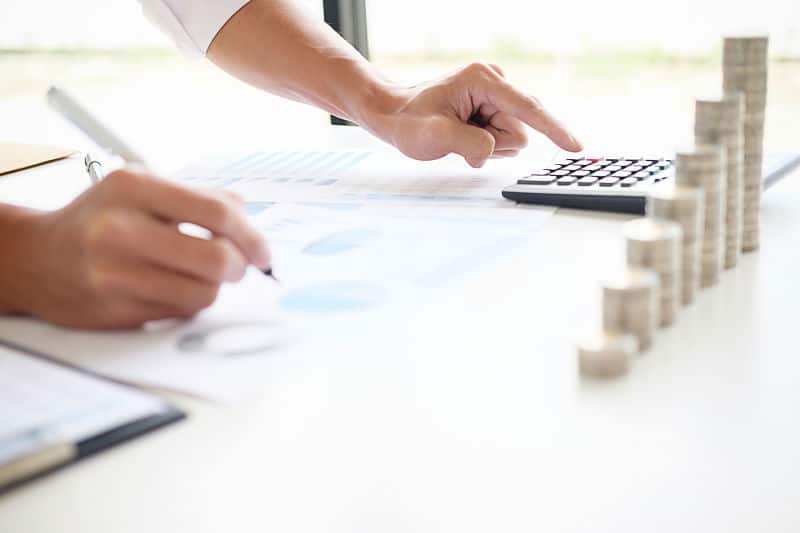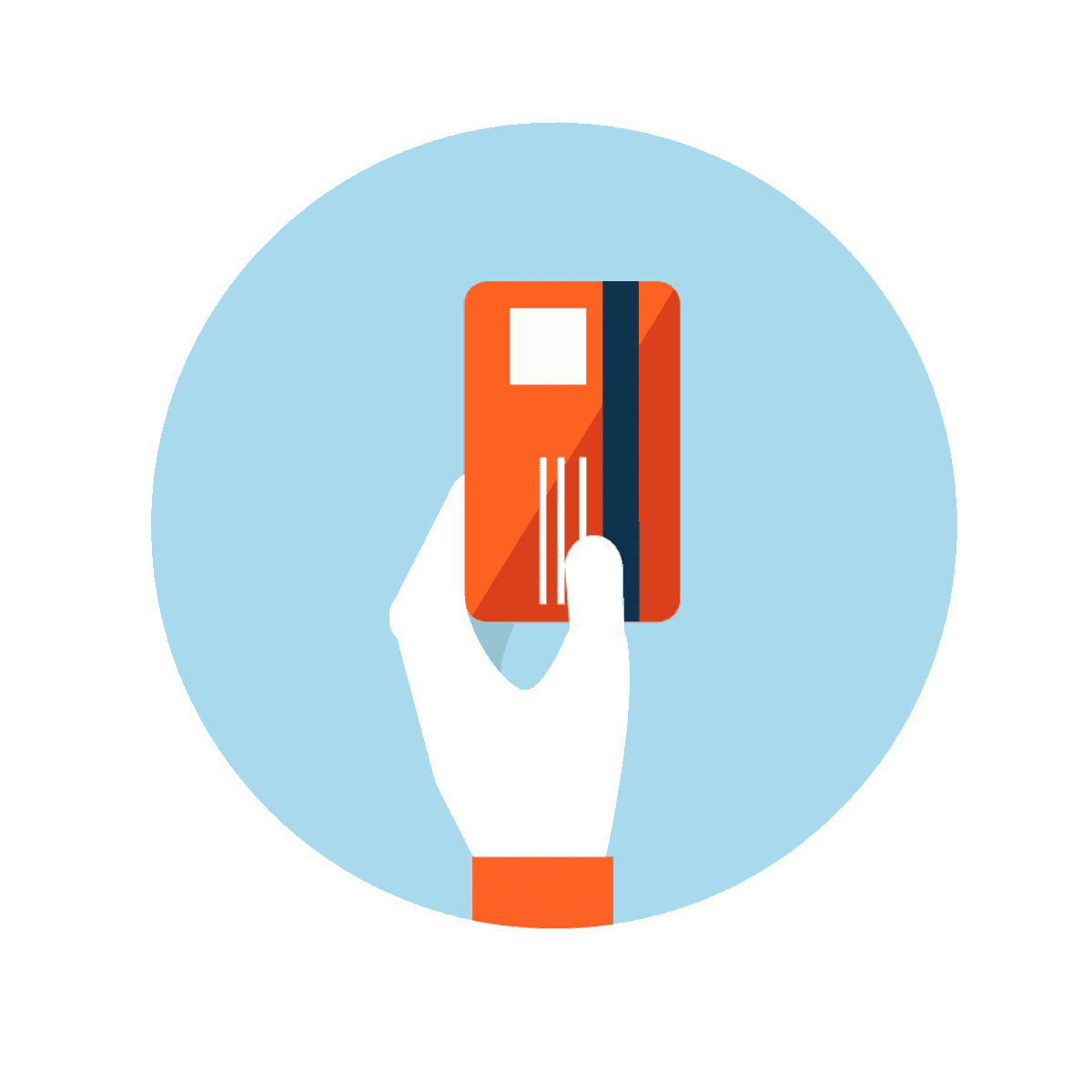Unexpected emergencies happen every minute of the day. Among the forms they take include accidents, illness, natural disasters, and financial crisis such as job loss. Getting ready for the unforeseen takes careful advance planning and awareness. Millions of people stock up on canned food, extra clothes, and flashlights to be sure they are ready in case a catastrophic event occurs.








